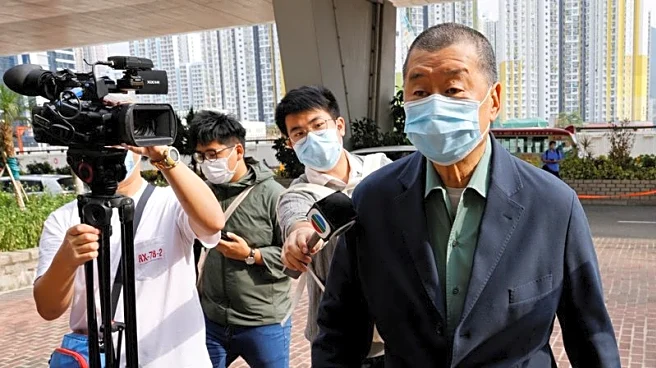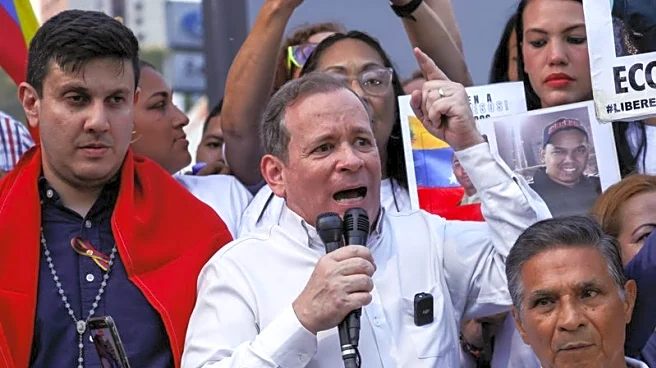Rapid Read • 8 min read
The World Bank, as the largest multilateral financier of water projects in developing countries, is actively working to address the global water crisis through a $27 billion portfolio. The organization has launched a new water strategy with three primary objectives: accelerating universal access to water, sanitation, and hygiene; enhancing food production and smallholder livelihoods; and reducing water-related risks while sustainably managing water resources. Key projects include modernizing irrigation systems in Indonesia, improving drought resilience in Brazil, rehabilitating dams in India, and developing climate-resilient agriculture in Africa's Sahel region. These initiatives aim to improve public health, increase agricultural productivity, and build more resilient economies.
AD
Access to clean water and sanitation is crucial for public health and economic development. The World Bank's initiatives are expected to generate significant employment opportunities, improve health outcomes, and enhance agricultural productivity. For instance, the irrigation modernization project in Indonesia benefits nearly 350,000 farmers, while Brazil's drought resilience efforts have expanded to cover all 27 states. These projects not only address immediate water access issues but also contribute to long-term economic stability and resilience against climate change. The focus on water security is vital for reducing disease burden and supporting sustainable development goals globally.
The World Bank plans to continue expanding its water access initiatives, with a focus on transparency and accountability in service delivery. Future efforts will likely involve scaling up successful projects and exploring new partnerships to enhance water management and infrastructure. The organization aims to leverage its expertise to support countries in achieving universal water access and improving resilience to climate-related challenges. Stakeholders, including governments and local communities, are expected to play a crucial role in implementing and sustaining these initiatives.
The World Bank's approach to water access highlights the intersection of environmental sustainability and economic development. By prioritizing water security, the organization is addressing broader issues such as climate adaptation, food security, and social equity. These efforts underscore the importance of integrated solutions that consider the complex interplay between natural resources and human development. The focus on community involvement and capacity building is essential for ensuring the long-term success and sustainability of water access projects.
AD
More Stories You Might Enjoy












